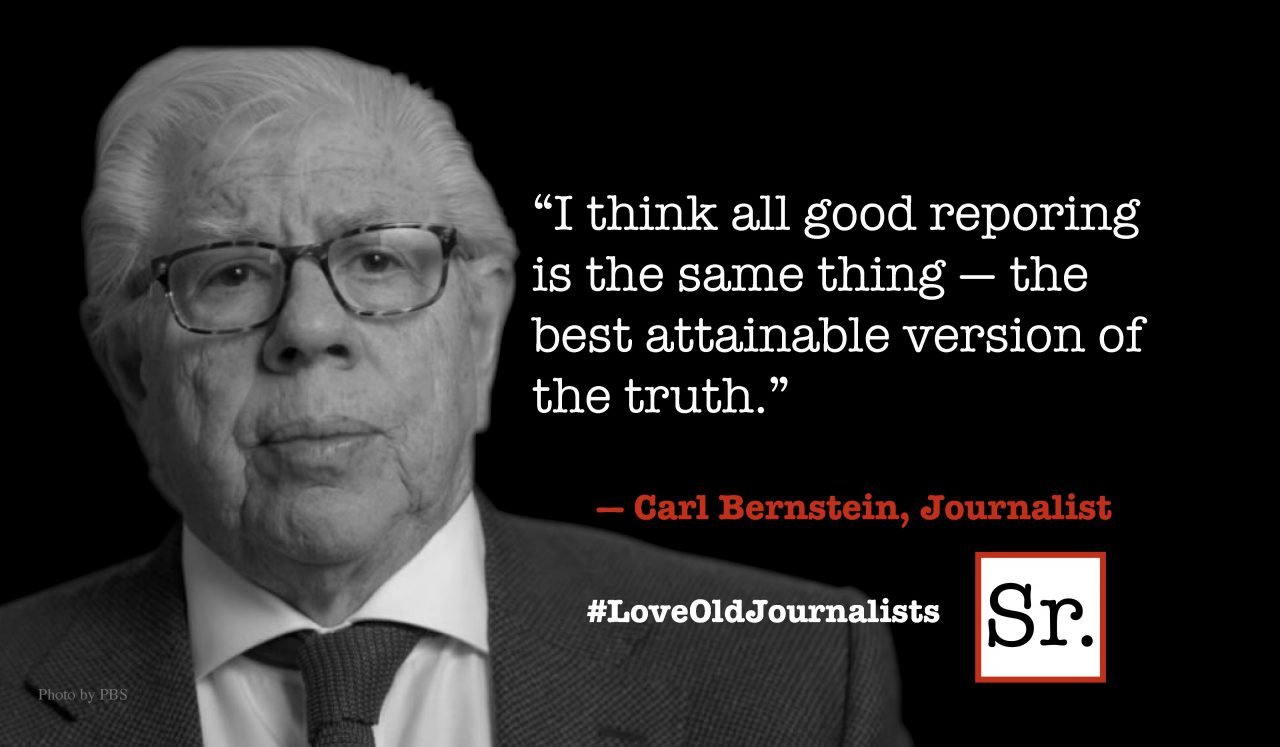I'm recovering from the Winter Olympics. I'm neither athletic, nor competitive in any way, but I'm addicted to both Winter and Summer Olympics just a little less than I am to chocolate. Since my last athletic adrenalin rush was when I was untouchable in a game of dodge ball in grade school, I have no comparable experiences, or talents, to the athletes who are in the Olympics. In fact, they don't even seem human in their abilities.
The agony and the ecstasy is brought right into my living room in excruciating close ups in living color. We see anxious family members watching from the stands, and follow progressive videos of their rise in a sport from childhood. We hear of their strengths and weaknesses, as well as intimate detail of an amazing amount of injuries and surgeries for those so young. Able to qualify for the Olympics at the tender age of 15, they are ready for retirement in their 20s and 30s. Those in their mid-30s are, well, old.
As my brain numbed with the frequency of the same commercials over and over and over, I wondered what kept drawing me night after night. I watched the sports I love like ice skating and ski jumping, but also the ones I don't understand like luge and curling. Like their mothers and grandmothers, I truly worried about each one as they performed. It is not only the beauty and the high drama that captured my full attention, but I am drawn to them because they are so different from me. They willingly committed their childhoods, teenage years, and early adulthood to the perfection of one, or a few sports. Passion complemented by talent pushed them to focus, focus, focus. They suffered. They got hurt. They persevered.
It takes a huge amount of money to become a competitive athlete. Only a relative few achieve enough stardom, fame, and wealth to break even, and even fewer become richer than they ever dreamed possible.
Although they share common hardships, goals, and dreams, their reactions to winning and losing vary. Some were obviously crushed not to win a medal. Some grieved when the medal they received wasn't the gold they desired or felt they deserved. Some were modest when they won. Some were obviously exuberant at any recognition for their accomplishment. Some of their faces displayed just how much pressure they felt. Others, like the first to win gold in a first time Olympic extreme sport called slope style, performed an aerial trick he had never even tried before. He was cool and collected. Just a kid having fun.
Although they didn't televise a lot of medal ceremonies, I liked watching the various close-up reactions of the gold medal winners while their country's anthem was played. I could see on their faces variations of relief, pride, self-consciousness knowing millions of eyes were staring back at them, often tears welling up as the anthem continued on. One young Russian skater had a face of pure joy from start to finish of her anthem.
I appreciated the humanitarian moments of a ski coach bringing a ski to a racer whose one ski had shredded. That skier had no chance of winning, but he could have the dignity of finishing. And then there were a few who took notice of the large number of stray dogs in Sochi and found ways to help some of them.
The concept of competition is a challenge itself. In the Olympics, countries compete against countries for medals. Teams compete against teams. Individuals compete against other individuals. And yet the Olympics are considered a time to pull disparate countries together. Team players must work together to win. A very strong win ethic must be within every competitor, yet good sportsmanship is expected.
For the "losers," I found some advice from Samuel Beckett. "Ever tried. Ever failed. No matter. Try again. Fail again. Fail better."
So glad these Olympics are over and I can turn my attention to other things. Most likely I'll be glued to the tv in two years for the Summer Olympics. I'm so glad the Olympics don't happen every year.








